Millions vote in Iran elections
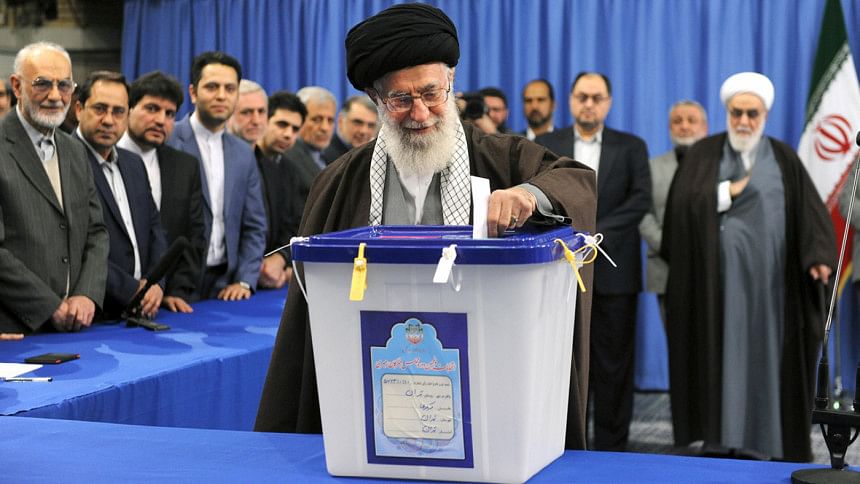
Iranians are voting in elections for their country's parliament and the Assembly of Experts, a clerical body that appoints the supreme leader.
The poll is the first since Iran and world powers agreed a landmark deal over Iran's nuclear programme.
Reformists and moderates who back President Hassan Rouhani have formed a coalition called The List of Hope that aims to reduce the number of hardliners in the two bodies.
Almost 55m people are eligible to vote.
The parliamentary elections are to elect 290 MPs for four-year terms. Voters will also select 88 clerics to the Assembly of Experts, who serve eight-year terms.
Voting started at 08:00 local time (04:30 GMT) and closes at 18:00. But officials say polling stations could stay open longer if there are queues and more time is needed.
BBC Persian's Ali Hamedani says the economy has been a key issue in this election. With sanctions lifted and Western investors beginning to return to Iran, there are high hopes for an improvement in daily life, he says.
Reformists and moderates say they are targeting greater foreign investment, which he says will drive jobs for young people.
More than half of Iranians are under 35, but the youth unemployment rate is 25%, more than two and a half times the national average.
However, conservatives say strong economic growth is more likely to come from domestic production in what they describe as a "resistance economy" that draws on the ideals of the country's 1979 Islamic Revolution.

 For all latest news, follow The Daily Star's Google News channel.
For all latest news, follow The Daily Star's Google News channel. 

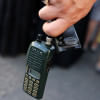
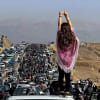
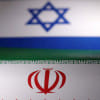
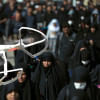


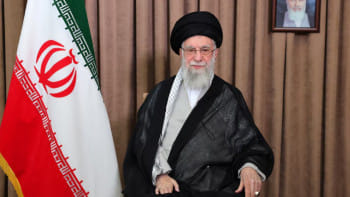
Comments